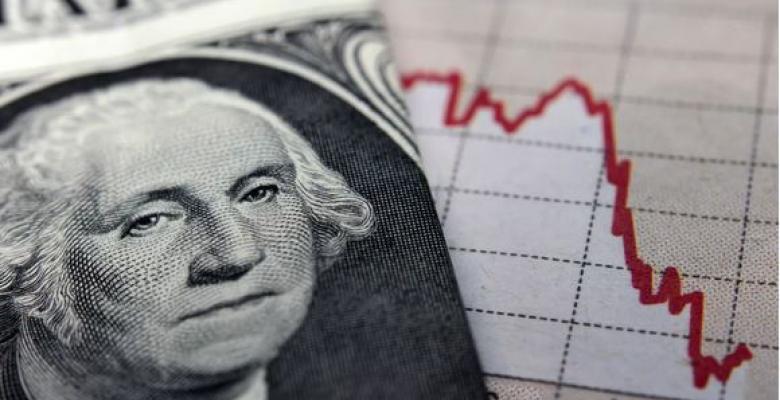In the USA: Those Who are Always in Recession
especiales

North American economists and government specialists are concerned about the total fall of the not very well understood stock markets, predicting an imminent recession, from which bankers generally come out well off and with more millions of dollars of profits, at the expense of the public treasury fed by the American people.
This is causing great concern in the current government, because it fuels the belief that this would not happen with the opposing presidential candidate Donald Trump, but the truth is that in this system it would always happen in one way or another, while unemployment figures are soaring for the second year in a row, putting those who are always living in recession on edge and leaving them increasingly poorer.
And the problem of unemployment is much worse than it seems, even under Trump's government, where in his last week as president 900,000 Americans applied for unemployment benefits.
The national unemployment rate in the United States hides the multiple difficulties still faced by some groups, which is more so among Hispanic and black people.
The national unemployment rate fell to 6.3% in January. However, unemployment is much lower for white workers, at 5.7%, compared to other groups. In the case of the black population, the unemployment rate was 9.2% in January, while that of Hispanics reached 8.6%, according to the Bureau of Labor Statistics.
Beyond the weekly statistics, the data on the unemployment rate in the United States also show signs of concern. In June, the unemployment rate rose by one-tenth, reaching 4.1%, while 206,000 non-agricultural jobs were created, a figure lower than the 218,000 new jobs registered in the same month of the previous year.
The number of unemployed in June was 6,811,000, compared to 6,649,000 in May, including 1,516,000 long-term unemployed (those without work for 27 weeks or more), who represented 22.3% of the total number of unemployed.
On the other hand, the number of people employed part-time for economic reasons fell by 199,000 to 4,220,000. The labour force participation rate also stood at 62.6%, up one-tenth of a percentage point.
These figures, portrait a less optimistic picture than expected, the unemployment benefits are causing concern among economic analysts and policymakers. The slow pace of job creation and the rise in unemployment claims could be signs of a slowdown in the country's economic recovery.
THE MOST DESPERATE
First-hand news, and less widely reported by the media, is that more than a million American workers were cut off from unemployment benefits.
Two of my acquaintances managed to continue driving their taxis, working seven days a week, to pay the high rents and other expensive "small things" essential in what they call the Big Tent of the wrongfully called Good Brother.
Most of them have done everything imaginable to find jobs, sending out thousands of resumes through various means, and have even moved to other parts of the country. And that was before the benefits were cut off.
They responded to the loss of their income by pawning their jewelry, asking for loans from family and friends, and in some cases, moving in with them. And that was before the meager unemployment compensation was eliminated.
Now they are considering more drastic measures, such as selling their car, without which they would not be able to hold down a job in a society lacking public transportation.
Six months is a long time to be jobless. It’s especially a disaster in the United States, where the social safety net is in rags and a large part of the population lives on their wages, often sinking into debts.
It’s not difficult to understand when some people throw themselves in the path of a train or blow their own or someone else's head off.
Only 15% have a chance of being hired. What has been done to these citizens is called institutionalized violence. And violence only triggers more violence.
In this context, poet Phillip Levine - who rose from once-industrial Detroit to win the National Book Award - reflected on the various moods that inspire his poetry. Among them is anger, because what he dislikes most is “the cruelty of capitalism and American racism.”













Add new comment